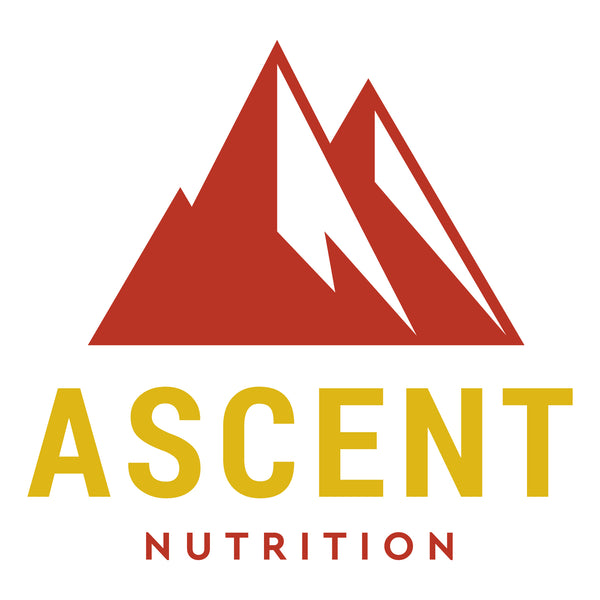Agarikon mushrooms, with their unique appearance and rich history, owe much of their immune-supporting properties to an array of bioactive compounds [3]. These compounds are the hidden gems that make Agarikon a natural powerhouse for supporting the health of the immune system.
Let's explore these compounds in greater detail:
Beta-glucans
Beta-glucans are a group of polysaccharides found in various mushrooms, and they are especially abundant in the Agarikon mushroom.
These compounds are pivotal to the mushroom's immune-supporting abilities [4] [5] [6]. Beta-glucans stimulate immune cells, such as macrophages and dendritic cells--priming them to recognize and respond effectively to invaders. This interaction is crucial for a well-coordinated immune response in humans.
Agarikon's high content of beta-glucans (1,3 β-D and 1,6 β-D glucans) makes it an ideal choice for individuals looking to promote their immune defenses. These compounds ensure that the immune system operates in a balanced manner—neither overreacting nor remaining dormant in the presence of invaders to the body.
Glycoproteins
Glycoproteins are a class of compounds that serve a multifaceted role in supporting the immune system. These compounds are notable for their ability to bind to immune cells and stimulate their activity—essentially supporting the body's overall immune defenses.
Glycoproteins have also shown potential in supporting a healthy inflammatory response—further highlighting the importance of Agarikon mushroom for promoting immune health.
Arabinoxylans
Arabinoxylans are polysaccharides that function primarily as dietary fiber. While they primarily contribute to the digestive benefits of Agarikon, they also play a role in immune support. Arabinoxylans have prebiotic properties, meaning they nourish beneficial gut bacteria, which contributes to a healthy gut microbiome.
A well-balanced gut microbiome is closely linked to immune function—and arabinoxylans help foster this balance. By promoting gut health, arabinoxylans indirectly contribute to a robust immune system.
Polyphenols
Polyphenols are strong free radical scavengers that support the body's defense against oxidative stress caused by excess reactive oxygen species (ROS) [7].
By including Agarikon mushrooms, rich in polyphenols, in your diet, you contribute to the support of your immune system and overall health. These compounds are essential in maintaining the integrity of your immune cells and ensuring they function effectively.
Coumarins
Coumarins are a class of aromatic compounds found in various plant species, including some varieties of mushrooms like Agarikon. These compounds are characterized by their distinctive sweet and earthy aroma and have garnered attention for their potential health-supportive benefits [8] [9].
One of the primary areas where coumarins have demonstrated their potential benefits is cardiovascular health. Coumarins contribute to promoting heart health by supporting blood flow. They also promote a healthy inflammatory response and cellular health.
Agaricin
Agaricin (agaric acid) is a bioactive compound found in Agarikon mushrooms that plays a vital role in their immune-promoting benefits. It stimulates various immune cells—promoting their ability to detect and respond to invaders.
Agaricin encourages a healthy and balanced immune system and plays a role in supporting a healthy immune response.
Triterpenoids
Triterpenoids are a class of compounds that support a healthy inflammatory response [10] [11].
These compounds help the human body to regulate the immune system's inflammatory activity, ensuring that it responds appropriately to challenges without becoming overactive. By balancing the immune response, triterpenoids in Agarikon contribute to supporting overall immune health.

